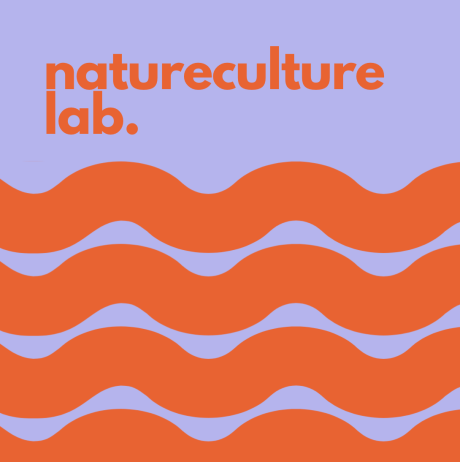
Location
Institute of Materiality in Art and Culture | HKB Bern Academy of the ArtsDate and time
-This international workshop aims to bring together in a hybrid format experts and practitioners of conservation in two domains: on the one hand, art and cultural heritage conservation; and on the other hand, nature conservation. Except for singular activities, these two communities have rarely communicated. This is highly remarkable, especially considering recent developments both in art conservation and nature conservation. In both domains the “things”, “items”, “objects” or “sites” conservators and conservationists care for are increasingly recognized as natureculture hybrids. While art conservation, especially in its earlier guise of restoration, primarily considered artworks as the outcome of human—and especially the artist’s—intentions, the field of art conservation has increasingly recognized that the materials of artworks undergo unintentional, and sometimes unexpected, changes and are subject to loss and decay well outside human control. At the other end, while inspired by ideas of pristine wilderness, nature conservation in its earliest instances was primarily geared towards the establishment of national parks and nature reserves fortified against human intervention, conservationists have come to value humans as inherent to the ecosystems they care for. Given that the “things” and “sites” for which (art) conservators and (nature) conservationists hold responsibility are interplays of human and non-human agencies and thus nature-culture hybrids, both fields and communities consider ontologically similar objects, and should exchange views.
The workshop will explore questions such as, How should conservation practices in both nature and art be redefined in light of the inevitable and sometimes desirable changes to the material make-up of objects, landscapes and environments? How can new conservation theories that embrace change and transformation, particularly those emerging from contemporary art, inform and reshape traditional conservation approaches that prioritize permanence and stability? Who gets to decide where and how conservation occurs, considering the historical silencing and displacement of human voices in both ecological restoration and cultural heritage conservation? How can the field of conservation expand beyond top-down expert models to embrace decolonizing community engagement, thereby raising questions about the future role of experts?
The confirmed contributors for this workshop are Ravi Agarwal, Lotte Arndt, Jackob Badcock, Marjolijn Bol, Josephine Ellis, Noémie Étienne, Sven Dupré, Rodney Harrison, Hanna B. Hölling, Daniel Margocsy, Laura J. Martin, Maeva Pimo, Christian Rosset, Friederike Schäfer, Anna Schäffler, Peter Schneemann, Yvonne Schmidt and Glenn Wharton.
We invite applications from individuals in the Global South, particularly those from underrepresented groups and at early career stages (PhD candidates or early postdocs), to participate in our workshop. Participants may contribute by delivering a short presentation and/or joining discussion groups focused on the aforementioned themes. A subsidy of 4 x CHF 1,000 is available to support travel and accommodation for four in-person participants. The workshop and application process will be conducted in English.
Please apply by November 3, 2024, by submitting the following: 1. A motivation letter (maximum 2 pages) detailing your interest in participating in the workshop and a brief research statement explaining how the workshop would benefit your current research 2. A CV (maximum 5 pages), including a list of publications. Please address your application to natureculturelab@gmail.com.
Natureculture Lab has been organized by Hanna B. Hölling (HKB Bern Academy of the Arts) and Sven Dupré (Utrecht University/University van Amsterdam) with the support of the Swiss National Science Foundation Scientific Exchanges Grant, the Bern University of Applied Science Network Grant and the Institute Materiality in Art and Culture at HKB Bern Academy of the Arts.